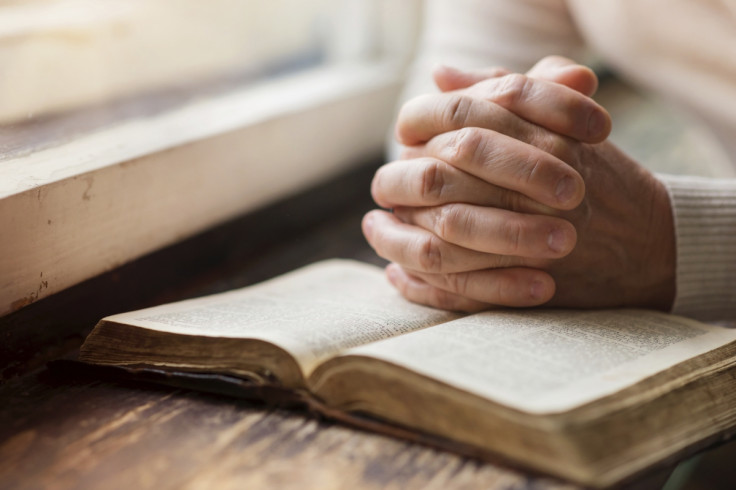Belief in God increased by rational cognitive process of considering 'what might have been'

People's religious faith is strengthened by a rational cognitive process, scientists have claimed. They say that when believers think about an important event that changed their life, they often see it as a proof of God's existence.
Published in Social Psychological and Personality Science, the research sought to investigate why many people have a strong religious faith, even if, as lead author Dr. Anneke Buffone puts it, "many mysteries of the past have been scientifically explained".
Since religious beliefs can be very personal, understanding how people perceive a divine influence in their life is not easy. The researchers studied a particular cognitive process, "counterfactual thinking". This means thinking about past events, and "what would have been" if something else had happened instead.
"Counterfactuals, imagining how life would be different if a given event had not occurred, seemed like a good candidate due to its effect of making inferred connections between events seem more meaningful, surprising, and 'meant to be", Buffone says. She discovered that people who believed their life would be worse if a particular event had not occurred were generally more inclined to see the sign of God in said event.
An essay about life's events
For the purpose of the study, 280 undergraduate students were recruited. They were asked to write an essay about a positive or a negative event in their lives. They were then either required to imagine how life would be better without this event, how it would be worse, or simply to give more details about the event. The researchers finally conducted a survey in order to know more about their religious beliefs.
The findings offer a better understanding of thought processes involved in religious faith. "The results suggest that counterfactual thinking leads believers to the conclusion that the event did not occur by chance alone, prompting them to search for a source, in this case God. This, in turn leads to an increase in religious faith," Buffone explains.
This was even more the case if the person believed life would have been worse without the event taking place. A second similar experiment, conducted on 99 people outside college came up with the same conclusions.
American population bias
There are a number of limits to the study. The most important is that it was only carried out on an American population, where most people believe in a single God.
"Some major religions do not believe in a deity at all or do not believe in just one deity and it is unclear whether counterfactual thinking's effects on religious belief would differ between monotheistic and polytheistic religions as well as between different religions more generally", Buffone points out.
Still, she and her team hope this will help believers and non-believers to better understand the cognitive processes involved in religious conviction.
© Copyright IBTimes 2024. All rights reserved.






